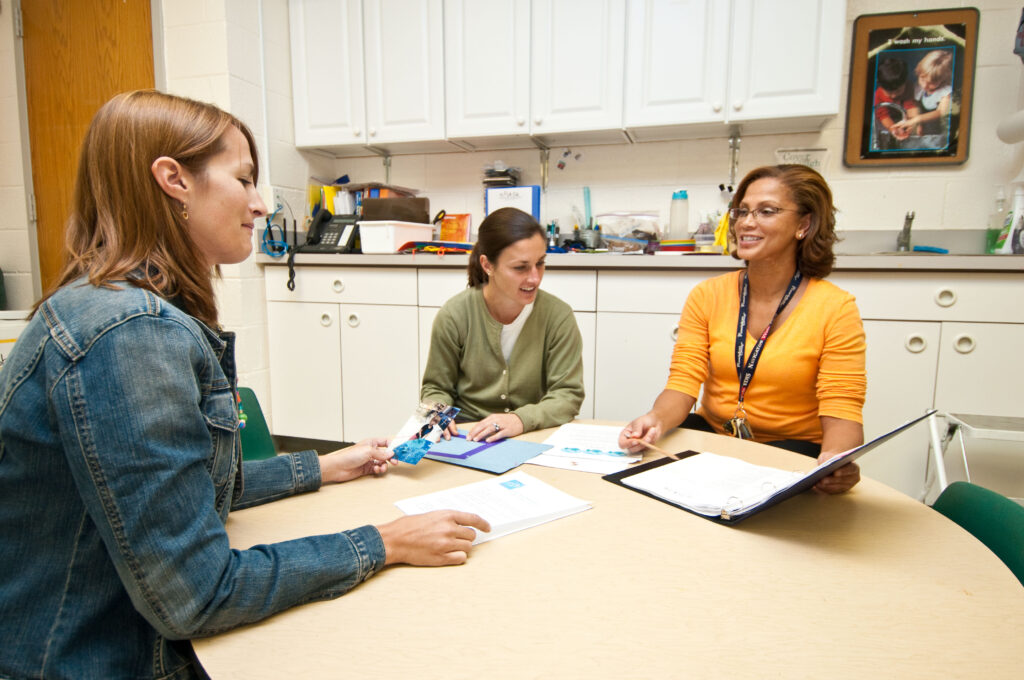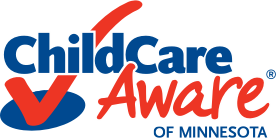Apprenticeships in Early Childhood Education

Recently, the online publication EdSurge ran an article on “What’s Behind the Explosion of Apprenticeships in Early Childhood Education?” Erin Young, the Director of T.E.A.C.H. Early Childhood Minnesota, is featured in the article, talking about the mentorship component of Minnesota’s new registered apprenticeship program, which began last year.
In the article, Young explains that each apprentice is paired with a mentor, often a colleague at the program where they work. “That’s the secret sauce,” says Young. “That’s the magic.” Mentors, who receive 24 hours of free training, guide apprentices through questions and topics ranging from children’s behavioral challenges, to curriculum implementation, to family engagement. That can be especially helpful for apprentices who are still quite new to the field of early childhood education, Young explains. “It’s nice to have someone say, ‘It’s OK.’ ‘Try this.’ ‘Start here,’” Young says. “Having a mentor at the beginning of my early childhood career would’ve been a huge help.”
As of last year, 35 states had an apprenticeship program for child care and early childhood education, and another seven states were developing them. All registered apprenticeship programs must include the following:
- Employers must partner with apprentices, allowing them to learn while they earn. In early care and education, the employers are early learning programs.
- Apprentices must receive on-the-job training with opportunities to practice their new skills in context.
- Apprentices must receive instruction related to their industry. In early care and education, that happens in a classroom setting.
- Apprentices are guaranteed incremental wage increases as their knowledge and skills grow.
- Apprentices must receive a credential, such as a CDA, associate degree, or a bachelor’s degree.
More information about the T.E.A.C.H. Apprenticeship program in Minnesota is available on our website.
